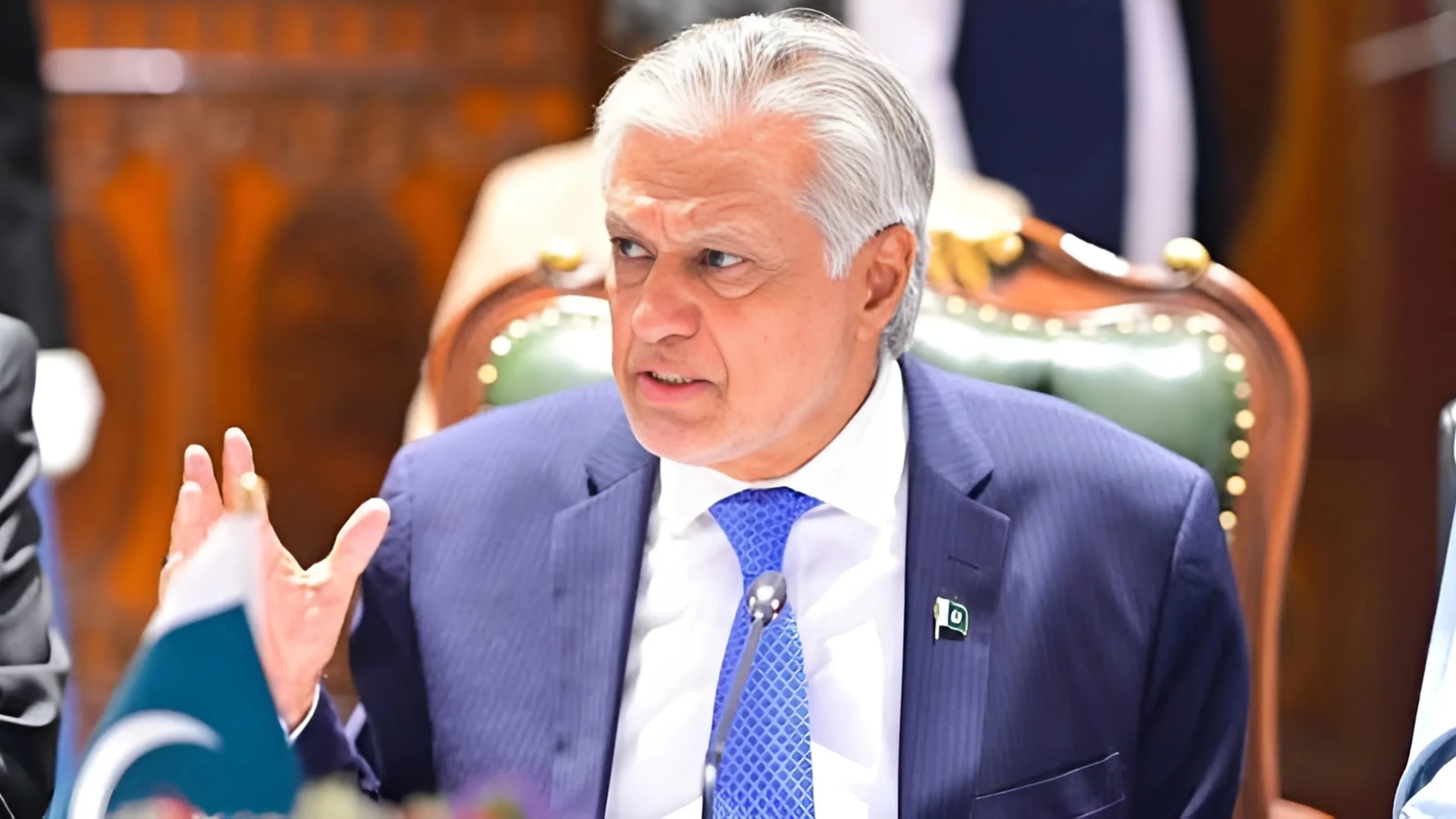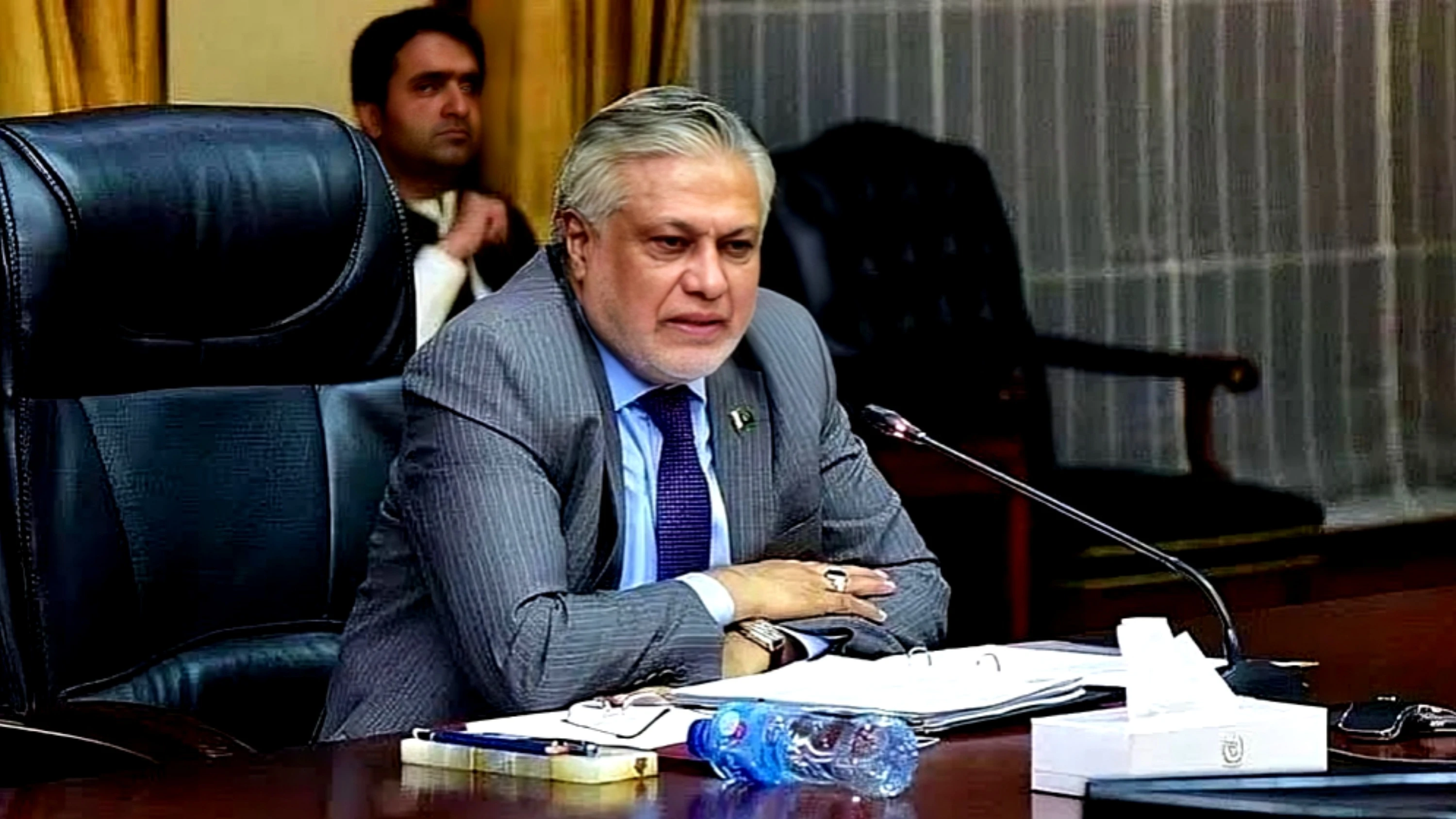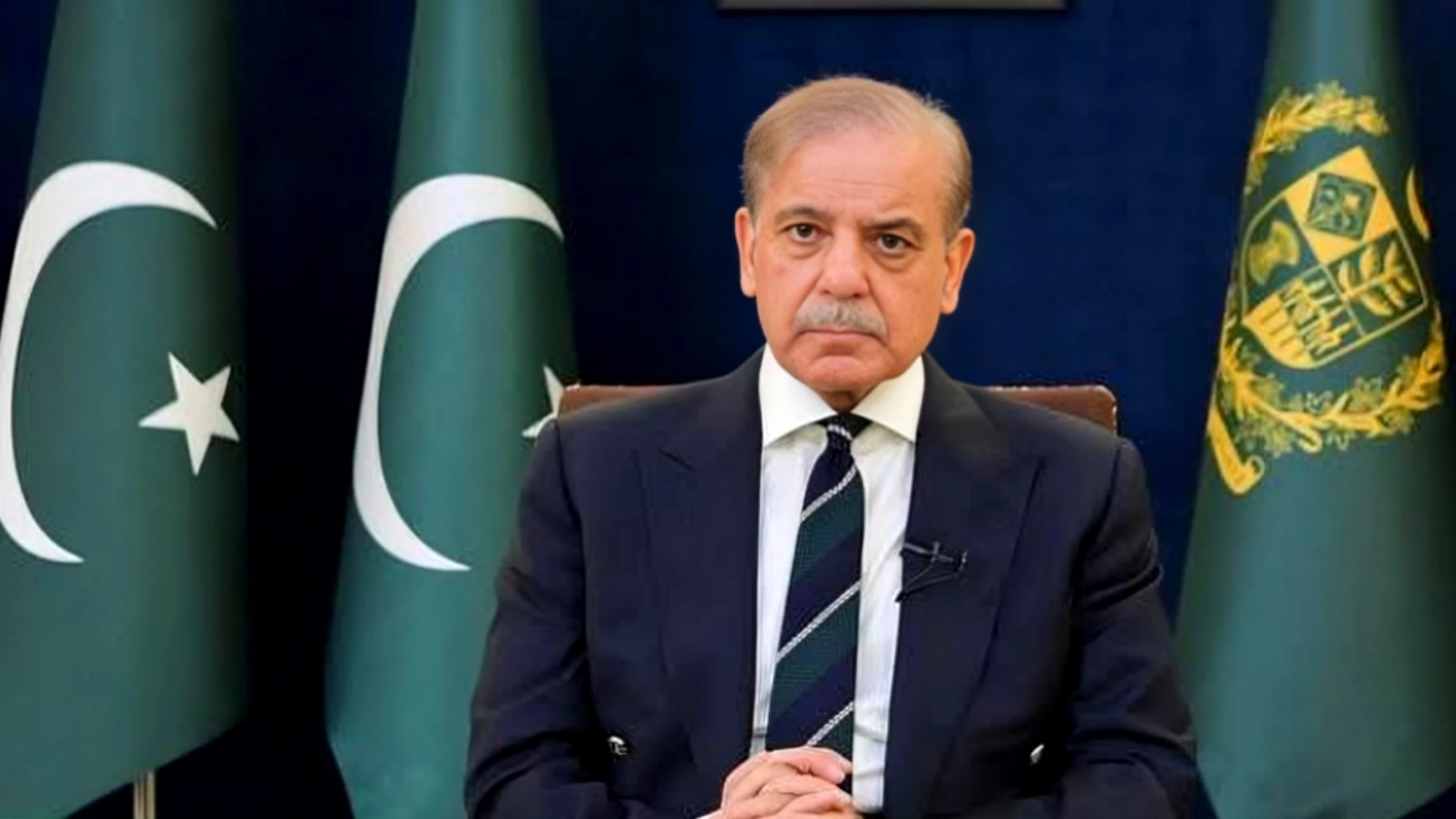ISLAMABAD: Virtual-level technical talks between Pakistan and the International Monetary Fund (IMF) on the upcoming federal budget have commenced, with the IMF projecting that the country's total revenue for the next fiscal year could reach nearly Rs 20 trillion — significantly higher than the current year's estimated Rs 17.08 trillion.
According to reports, after three days of video-linked technical discussions, formal policy-level talks are scheduled to begin on Monday, May 19, and continue through Friday, May 23. These discussions between IMF staff and Pakistani authorities will focus on finalizing next year’s budget measures and the macroeconomic framework, culminating in the federal budget announcement on June 2.
The IMF has already issued forecasts for key economic indicators, including fiscal and monetary policies. It expects Pakistan’s economic growth to reach 3.6%, with average inflation projected at 7.7% — up from the current year’s average of 5.1%. The combination of growth and inflation is expected to boost revenue collection, potentially exceeding the current year's estimated Rs 12.04 trillion by Rs 1.04 trillion.
Beyond the Federal Board of Revenue (FBR), additional contributions to the revenue base are expected from provincial governments, especially through increased taxation on agricultural income.
The revenue target for the next year is set at Rs 19.09 trillion, or 15.2% of GDP — slightly lower in percentage terms compared to the current year’s 15.9%, despite the higher nominal value. The IMF has emphasized continued expenditure control, urging Pakistan to reduce overall spending from the current 21.6% of GDP to 20.3% in the next fiscal year.
However, total expenditures are projected to rise to approximately Rs 26.057 trillion in the upcoming fiscal year, compared to this year’s budget estimate of around Rs 18.09 trillion. Discussions are still ongoing between the IMF and Pakistani authorities regarding the final figures for revenue and revised expenditures, particularly those related to the evolving security situation.
The IMF has recommended that Pakistan reduce its fiscal deficit from 5.6% of GDP this year to 5.1% next year — equivalent to around Rs 6.067 trillion. It has also stressed the importance of maintaining a primary surplus of approximately Rs 2.01 trillion, excluding interest payments, as a key condition for debt sustainability.
Achieving this target is expected to help reduce Pakistan's debt-to-GDP ratio from the current 77.6% to 75.6% by FY2026.
Meanwhile, the Ministry of Finance has directed all ministries and divisions to submit an additional pro forma (Form C-3) to tag environmental components within subsidies. This move aims to enhance and expand environmental reporting in the annual budget and is a requirement under the Extended Fund Facility (EFF) agreement with the IMF.
According to a circular issued to all government bodies, environmental tagging of subsidies must align with three categories: adaptation, mitigation, and transition. Public expenditures under the Public Sector Development Programme (PSDP) are already being tagged for environmental relevance, and this practice is now being extended to other areas such as grants and subsidies to enable broader identification of environmentally related public spending.








